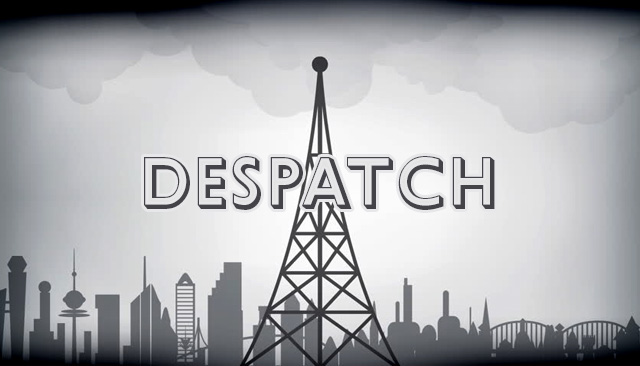LATEST ….(bringing you the low down on preference swaps):
The Derryn Hinch Justice Party is on track to win up to a handful of seats in the Victorian Legislative Council following a series of preference swap deals with the micro party candidates across the state. Having done the forensics, Martin Hirst asks “have the micros been dudded by Druery?”
The DHJP is set to benefit from the work of “preference whisperer” Glenn Druery despite Senator Hinch claiming that is party might be disadvantaged by the vote harvesting negotiator’s efforts.
The complex voting system used in the state’s upper house means that candidates must survive early elimination rounds in order to collect preferences from groups eliminated before them.
This makes it difficult for the micro parties that do not collect enough early round votes to stay in the race. As the candidates with the least number of votes are eliminated, their preferences are distributed among the remaining candidates.
It is only by harvesting enough of these small parcels that a candidate has any realistic chance of still being in the race in the closing stages.
It seems that Druery has skilfully manipulated preference swaps in such a way that they flow between the micro parties before most eventually land in the Hinch party’s vote bucket.
In order to beat the Hinch candidate, a favoured micro party candidate must constantly stay ahead by gathering up the majority of distributed preferences in each elimination round or have sufficient primary votes to stay in the race.
This is where the Hinch Justice Party has an advantage. By using the Senator’s name, the group increases its chances of picking up a high primary vote based on name recognition. Most of the micro parties do not have significant name recognition in their favour.
So, while, on paper, it appears that the micro parties might have a chance of winning in particular Legislative Council divisions, they are likely to be eliminated before the Hinch party candidates.
A good example is in the Northern Metropolitan division where the Hinch group is preferencing sitting member Fiona Patten over most of the micro parties. While this looks advantageous to Patten, the reality is that most of the micro party preferences will flow to Hinch ahead of the Reason group. In this case it seems that Hinch is hoping to bank enough micro party preferences to leapfrog Fiona Patten and take the final spot. In every other division the Reason Group does not accumulate Hinch preferences until they have passed through every micro party on the way down.
 Dr Martin Hirst is a veteran journalist, writer and independent scholar. In a career spanning 40 years in the media, Martin has written millions of words in news stories, magazine features, radio documentaries, academic articles, blogs and books. His most recent book, Navigating Social Journalism, was published by Routledge, New York, in October 2018.
Dr Martin Hirst is a veteran journalist, writer and independent scholar. In a career spanning 40 years in the media, Martin has written millions of words in news stories, magazine features, radio documentaries, academic articles, blogs and books. His most recent book, Navigating Social Journalism, was published by Routledge, New York, in October 2018.
You can follow Martin on Twitter @ethicalmartini.
http://michaelwest.com.au/victorian-election-micro-party-candidates-to-do-well-in-legislative-council/
Public support is vital so this website can continue to fund investigations and publish stories which speak truth to power. Please subscribe for the free newsletter, share stories on social media and, if you can afford it, tip in $5 a month.
Dr Martin Hirst is a veteran journalist, writer and independent scholar. In a career spanning 40 years in the media, Martin has written millions of words in news stories, magazine features, radio documentaries, academic articles, blogs and books. His most recent book, Navigating Social Journalism, was published by Routledge, New York, in October 2018.

